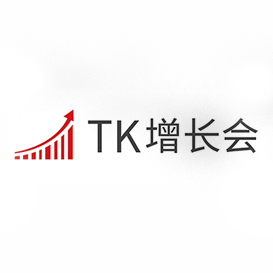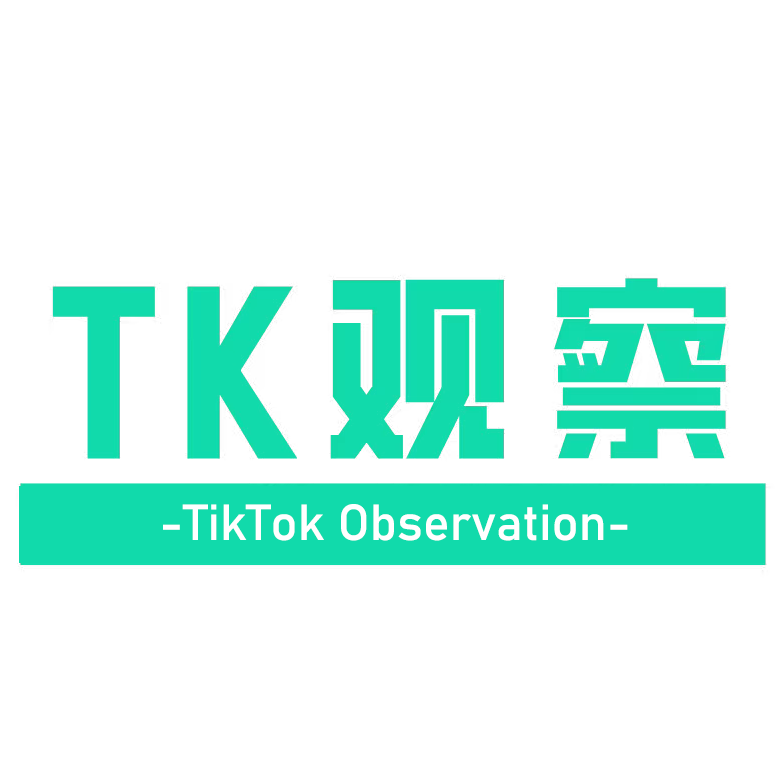
Suddenly, the clock is ticking on TikTok.
On Thursday, the Liberal government let it be known that it secretly ordered a national-security review of the insanely popular Chinese video-sharing app last September. That announcement came a day after the U.S. House of Representatives passed a bill that, if signed into law, would force the Chinese owner of the app to sell it or see it banned in the United States.
A backroom security review isn’t enough. Banning TikTok if it remains in Chinese hands is something Canada should be actively supporting.
India banned TikTok and other Chinese social-media apps in 2020 after a deadly border clash with China. The Indian ban was justified on the same basis that has seen Canada, the U.S. federal government, many American states, Britain, the European Union, France and Australia prohibit its use on government devices – the fear that the data it collects will fall into the hands of the Chinese government.
That is also the justification for Canada’s security review, which is based on a foreign-investment policy that says “hostile state-sponsored or influenced actors may seek to leverage foreign investments in the interactive digital media sector to propagate disinformation or manipulate information in a manner that is injurious to Canada’s national security.”
It’s a genuine concern. TikTok is a smartphone app on which people create short videos that are shared with other users through a sophisticated algorithm. The data it collects from more than one billion monthly users – including more than eight million in Canada and more than 170 million in the U.S. – include names, ages, e-mail addresses, phone numbers, location information and even biometric information.
Lots of smartphone apps collect similar data. The problem is that TikTok is owned by a Chinese company, ByteDance, and China’s laws force companies to co-operate with the government on issues of state security and intelligence-gathering. The smart move is to assume that these juicy foreign data are not safe from the prying eyes of Beijing’s security apparatus.
(TikTok isn’t available in China; ByteDance offers a highly censored version called Douyin for its home audience. In both cases, ByteDance insists that none of its data are shared with the Chinese government.)
Adding to those concerns is the fact that Beijing runs increasingly aggressive overseas espionage operations. Canada itself is currently in the middle of a public inquiry into Chinese election interference, and is also reeling from revelations that two scientists at a government infectious-diseases lab in Winnipeg shared scientific information with Beijing.
Every country needs to be wary of China. Its government could use TikTok’s data to track people in foreign countries, and leverage the information for blackmailing purposes or to orchestrate targeted disinformation campaigns.
There is no question Facebook, Instagram, X (formerly Twitter) and other social-media and video-sharing apps are venues for misinformation and disinformation, and that they raise concerns that still need to be addressed.
But they are not based in a country whose government can force companies to co-operate with its cyber-espionage efforts, or that attempts to influence private technology companies through indirect state ownership. Huawei, Tencent and Alibaba are all examples of this to different degrees.
The bottom line is that it is not for nothing that so many governments have banned TikTok from their employees’ devices. That would not have been done if there weren’t serious concerns about the risks involved.
The question for Canada and other countries is whether that restriction needs to be imposed on the general public. It’s not a question of freedom of speech: There are plenty of other places to create, post and watch hilarious videos.
It’s a question of standing up to Beijing’s aggression. The pushback on TikTok is entirely the Chinese government’s fault. Its coercion of tech companies requires a firm response, and the threatened U.S. ban is justified.
Canada should state its clear support for the U.S. position. The Liberal government would no doubt prefer to see what happens in the U.S. first – the same way it delayed its decision to join its more decisive Five Eyes security allies in banning Huawei from building 5G cellular networks.
But how many lessons does it need from China? The threat is clear. Instead of dithering, Ottawa should send the message that Beijing’s actions have consequences.
[ad]文章来源:环球邮报
TKFFF公众号
扫码关注领【TK运营地图】

TKFFF合作,请扫码联系!












